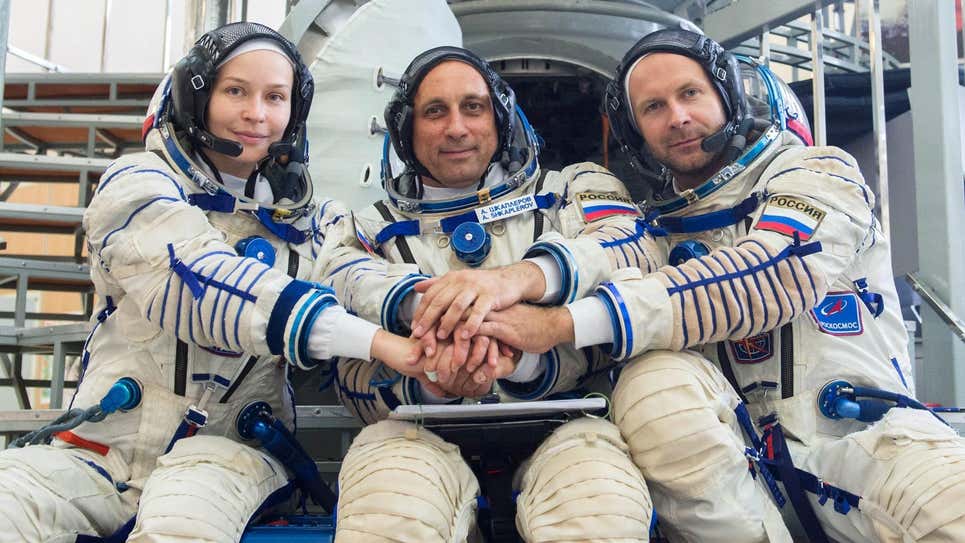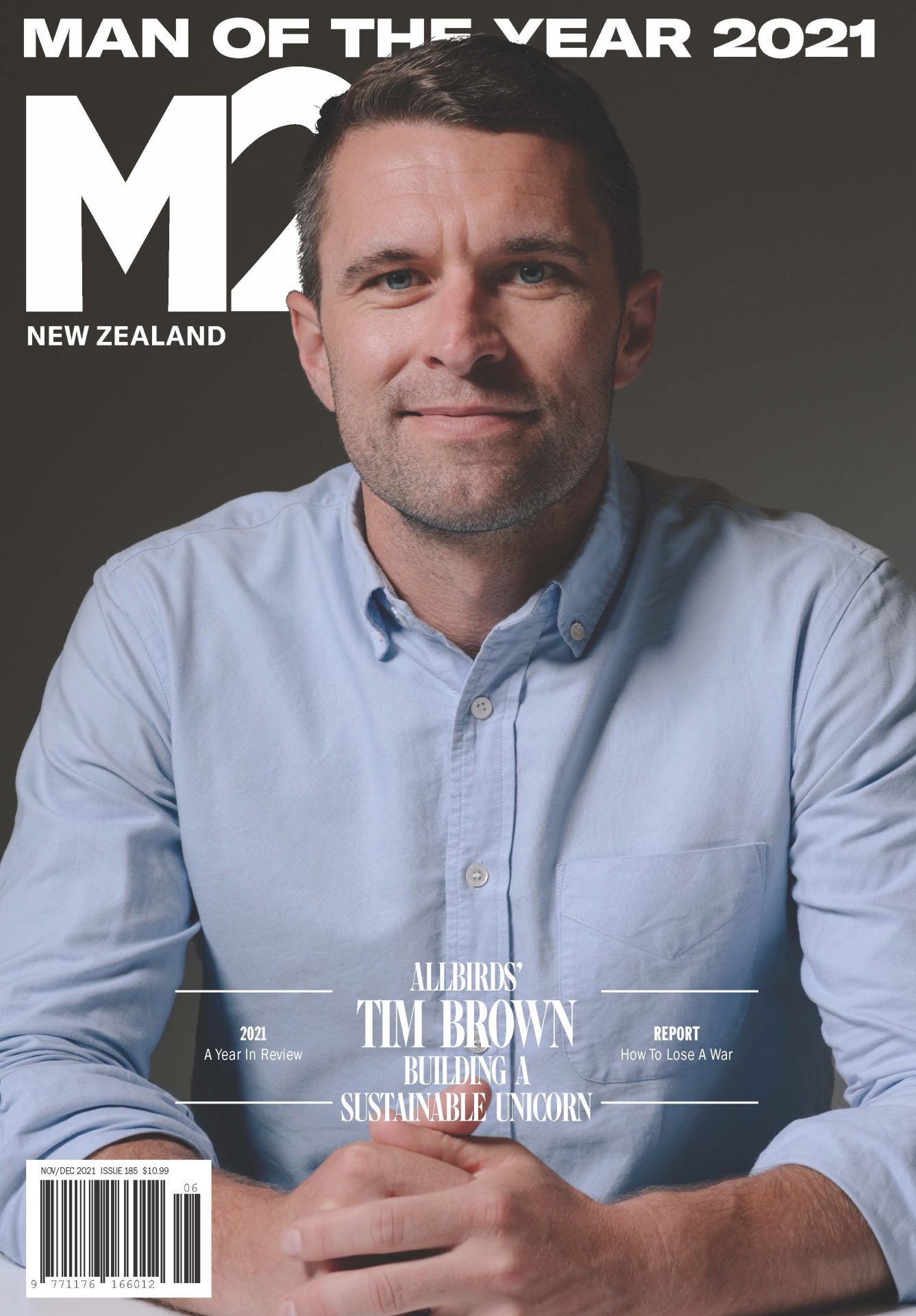Forget The Green Screen, This Russian Film Crew Is Making The World’s First Movie In Space
Few film genres have pushed the boundaries of what can be achieved on the big screen more than the science fiction genre. From Georges Méliès groundbreaking Le Voyage dans la Lune (A Trip To the Moon) all the way back in 1902, to Stanley Kubrick’s iconic 2001: A Space Odyssey to Christopher Nolan’s stunning Interstellar, it’s clear that we have always had a real fascination with seeing what lies beyond the Earth’s atmosphere depicted on screen. Despite the gargantuan differences in the audiovisual experience between the works of Méliès, Kubrick and Nolan, one thing connects all of these films, and every other major space film in history; they weren’t actually filmed in space. Sure, advances in film technology have progressed throughout the 20th and into the 21st centuries to made it sure as heck look like they were. Such is the magic of the movies, after all. But until now, elaborate sets have oft played the role of space shuttle and green screen has created the stunning visuals we see in films like Alfonso Cuaron’s Gravity and Steven Soderburgh’s Solaris.
However, this week, a daring Russian film crew will be attempting to make history and become the first to stage scenes in a commercial feature film in space, for real. The film, titled Vyzov (or Challenge in English), will tell the story of a surgeon, who is tasked with travelling to the International Space Station to treat a cosmonaut who is suffering from a life-threatening condition. Director Klim Shipenko and lead actress Yulia Peresild will be accompanied by cosmonaut Anton Shkaplerov in launching from Moscow in a Roscosmos Soyuz-2.1a rocket around 12pm Tuesday local time. Upon arrival at the ISS, it is expected that the ‘crew’ will spend just under two weeks aboard the station and film around 35 to 40 minutes of footage, using some of the Russian cosmonauts already present aboard the station to fill out the cast. Both Shipenko and Peresild have undergone a fairly rigorous training routine to prepare for the experience, one which Shipenko has described as, essentially, a four month crash course in all things space flight.
However, the opportunity to make a piece of entertainment history has failed to convince everyone in the Russian space community to get on board. While proponents have suggested the film has the potential to reignite national interest and restore prestige to the Russian space industry, detractors argue the film is a misguided allocation of money and resources, which should instead be being used to advance space exploration and scientific research. Regardless, if all is successful, Shipenko and Peresild will be able to claim a piece of cinema history, one which would’ve been unfathomable to audiences wowed George Méliès’ silent masterpiece in 1902.
Top image credit to Roscosmos.





